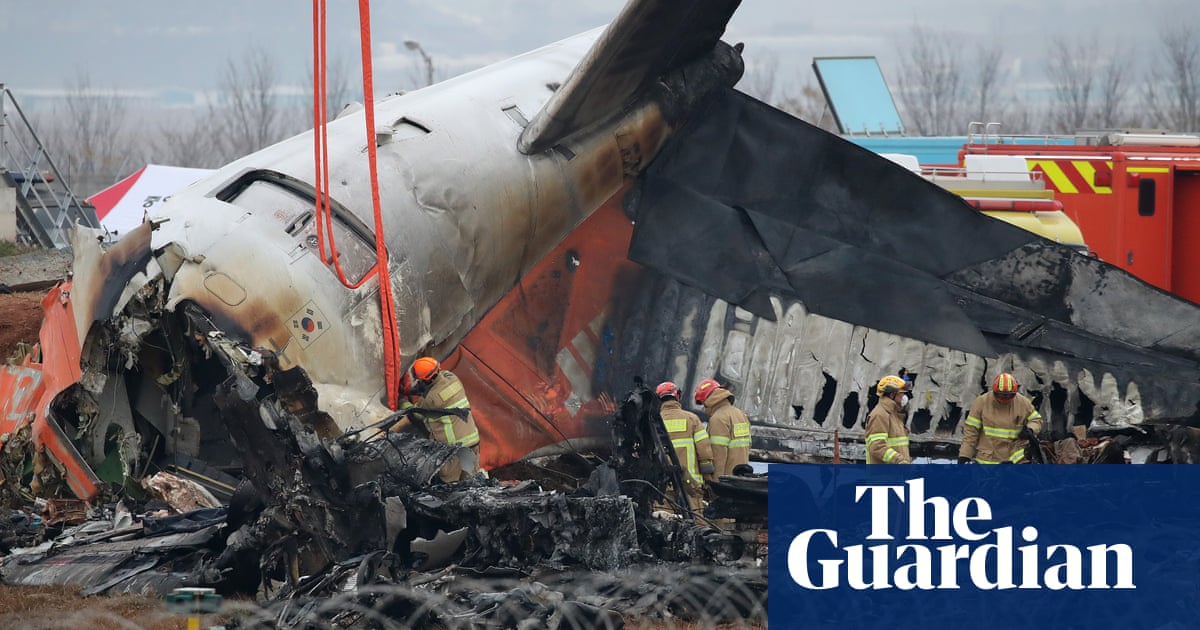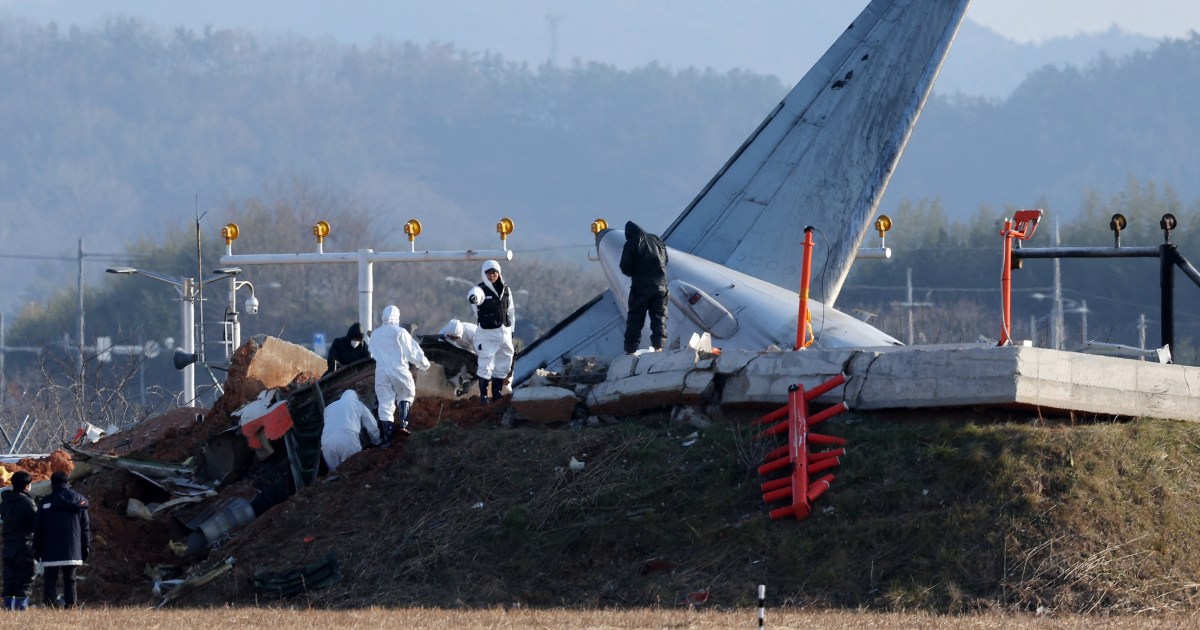Black Box Failed 4 Minutes Before Fatal Korean Plane Crash

The Facts
The black box data and cockpit voice recorders from the crashed Jeju Air flight, which killed 179 people in South Korea, stopped recording approximately four minutes before the aircraft collided with a concrete structure.
Prior to the Dec. 29 crash, in which only two crew members survived, air traffic control warned about bird activity, and the pilots reported a bird strike, declaring a mayday emergency before attempting a go-around maneuver.
Instead of completing a full go-around, the aircraft made a sharp turn, approached from the opposite runway direction, and crash-landed without landing gear.
The Spin
Narrative A
The loss of black box data from flight 7C 2216 underscores the complexities of determining the cause of such a tragic accident. With no direct data from the flight recorders, South Korean and US investigators must rely on other evidence, including the controversial embankment near the runway, raising critical questions about the airport's design and safety protocols.
Narrative B
Black boxes are crucial tools in aviation safety, providing insights into crashes that save lives by driving regulatory and design improvements. While it does happen occasionally, its failure during the Jeju Air flight should arguably never have happened. Built to endure extreme conditions, black boxes must remain virtually indestructible to ensure investigators can always access critical data for improving aviation safety and preventing future disasters.



